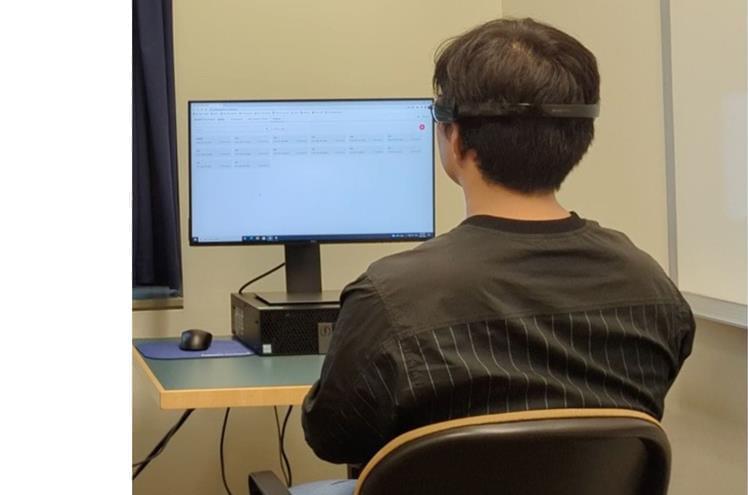In episode 267 of the Stem Cell Podcast, we chat with Dr. Shankar Srinivas, a Professor of Developmental Biology in the Department of Physiology Anatomy and Genetics based in the Institute for Developmental and Regenerative Medicine at the University of Oxford. He is also a Zeitlyn Fellow and Tutor in Medicine at Jesus College. Using mouse and human embryos as model systems, his group looks at the control of patterning and morphogenesis during the establishment of the anterior-posterior axis, gastrulation, and early cardiogenesis. He discusses how tissues respond to forces during early development, characterizing cardiac progenitors, and training internationally.
Roundup Papers:
2:26 https://bit.ly/3yeD3ms.
7:14 https://bit.ly/4dKJ7nd.
19:06 https://go.nature.com/3V2SNSo.
27:10 https://go.nature.com/4dnC43H
38:40 Guest Interview.
#Cardiogenesis #DevelopmentalBiology.
Listen on Apple Podcasts: https://apple.co/2T8BhPA
Listen on Stitcher: https://bit.ly/3hGwsGA
Listen on Spotify: https://spoti.fi/3xFdENP
Official Website: https://stemcellpodcast.com/




